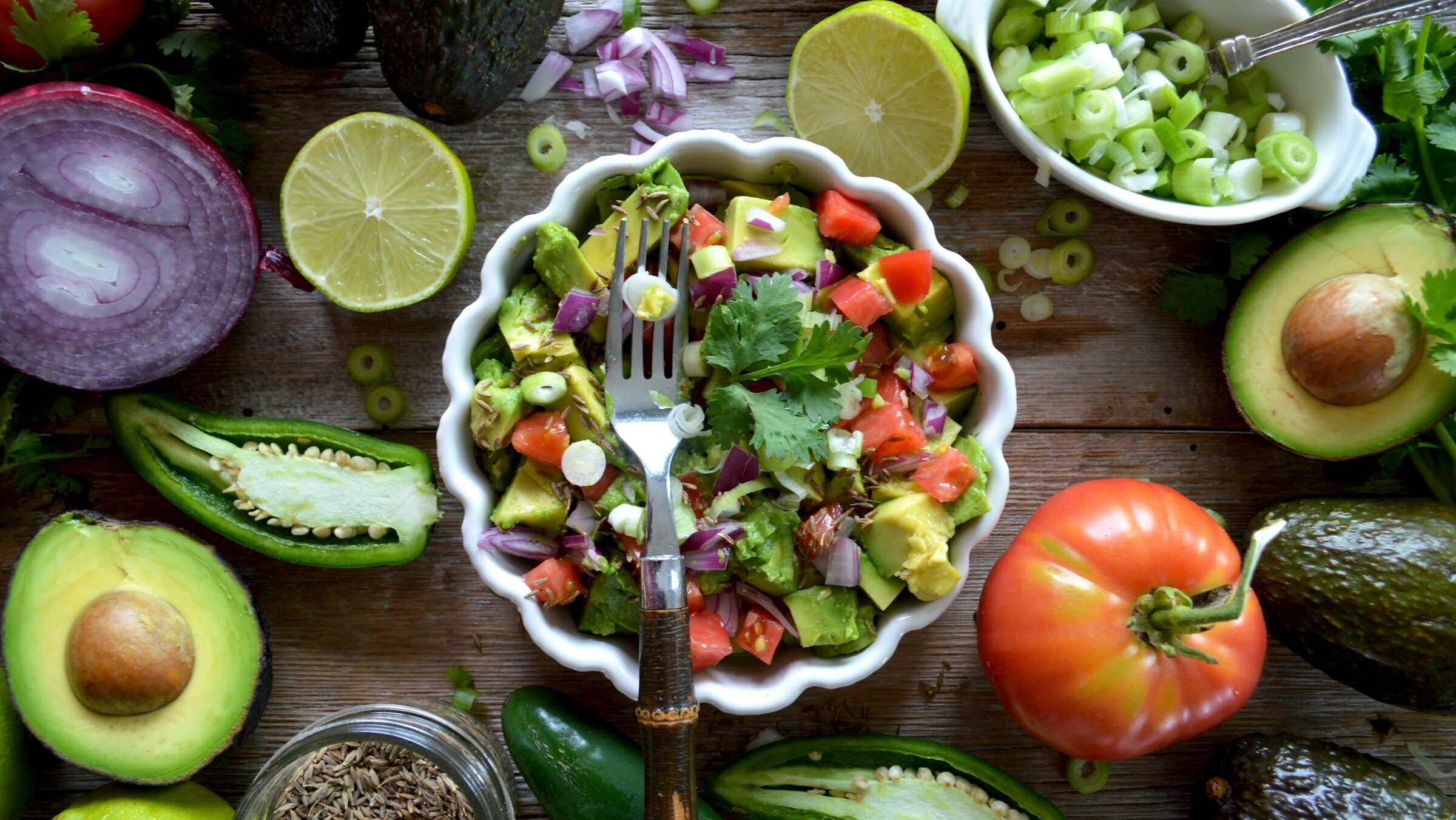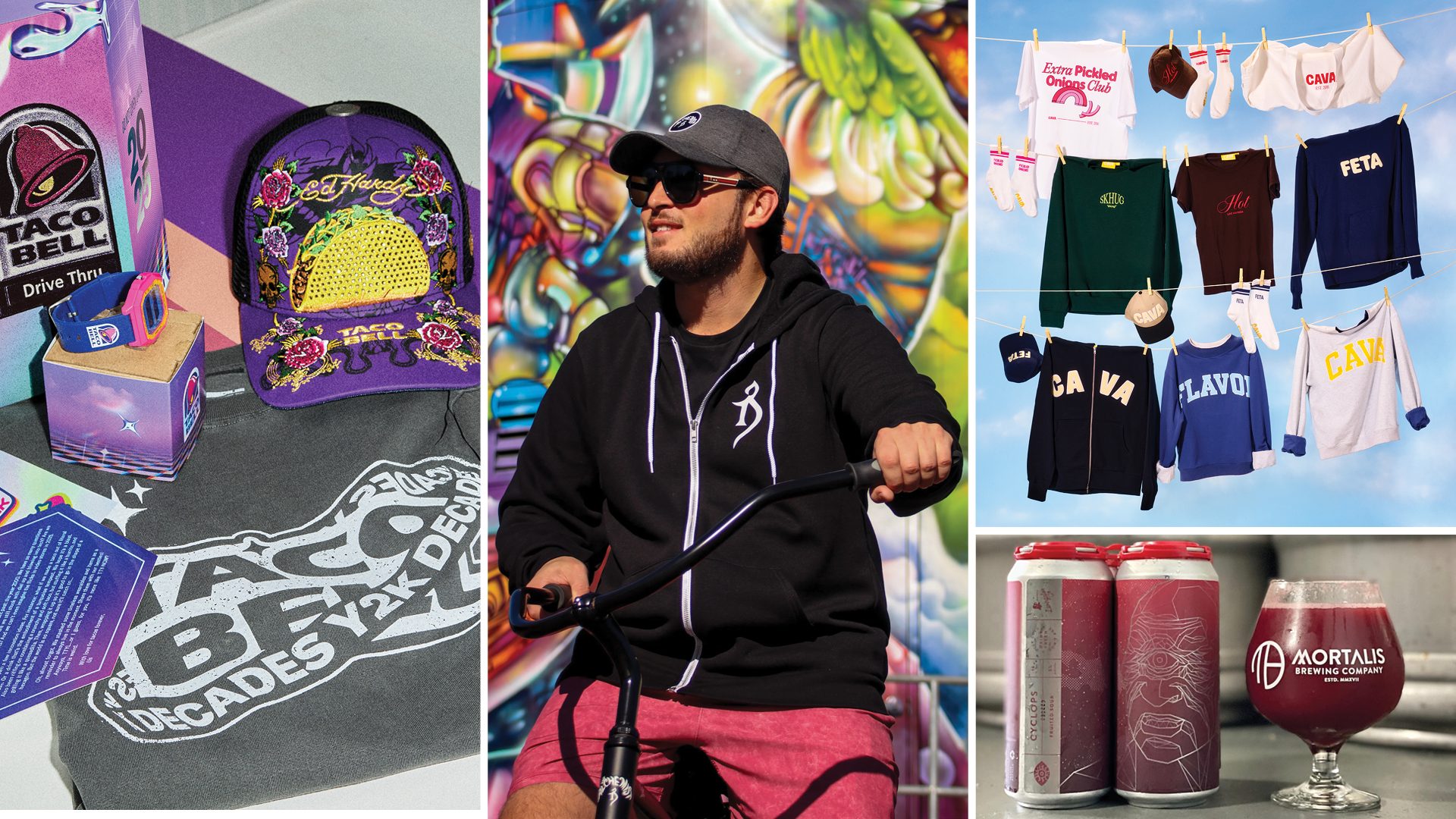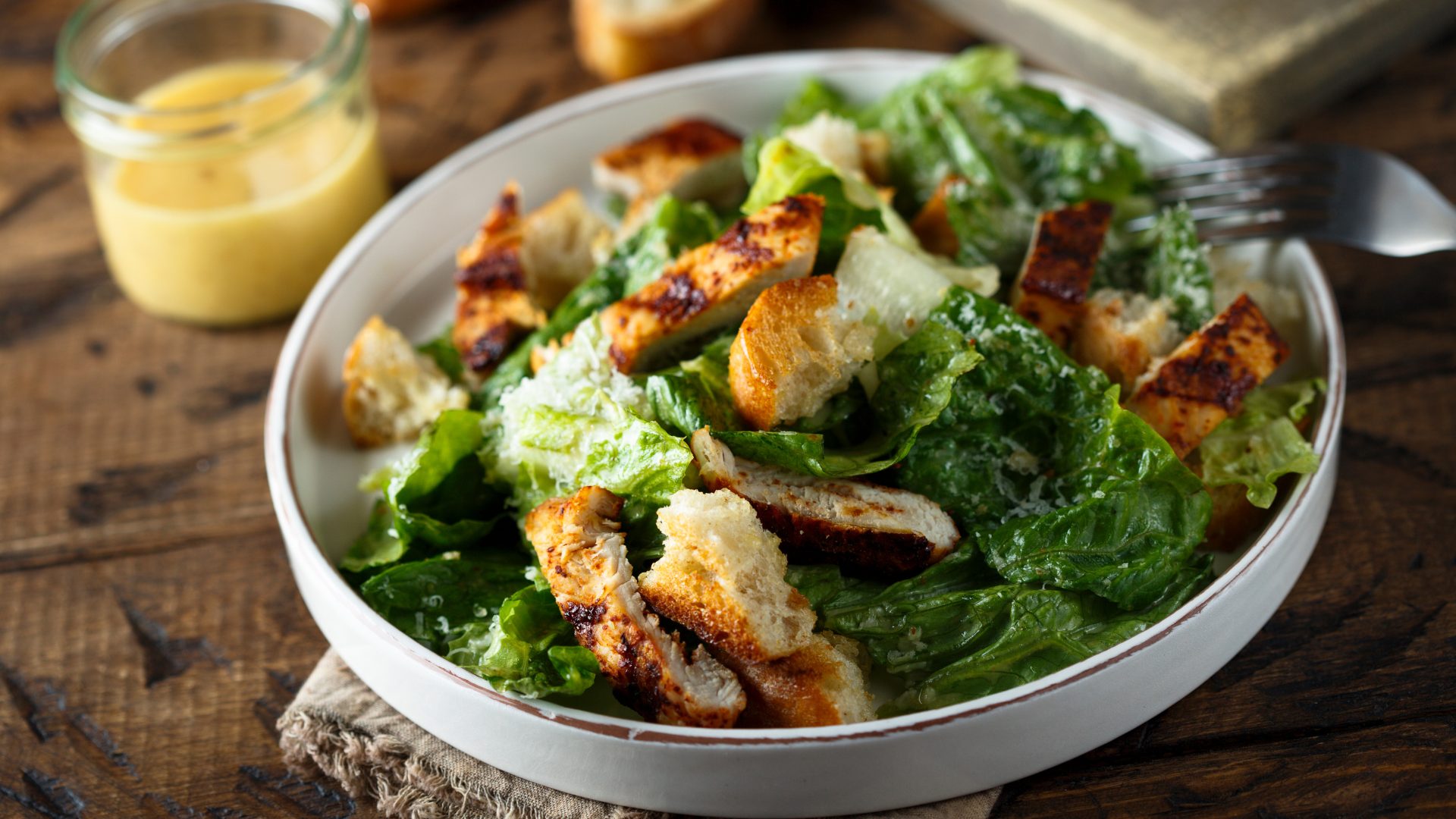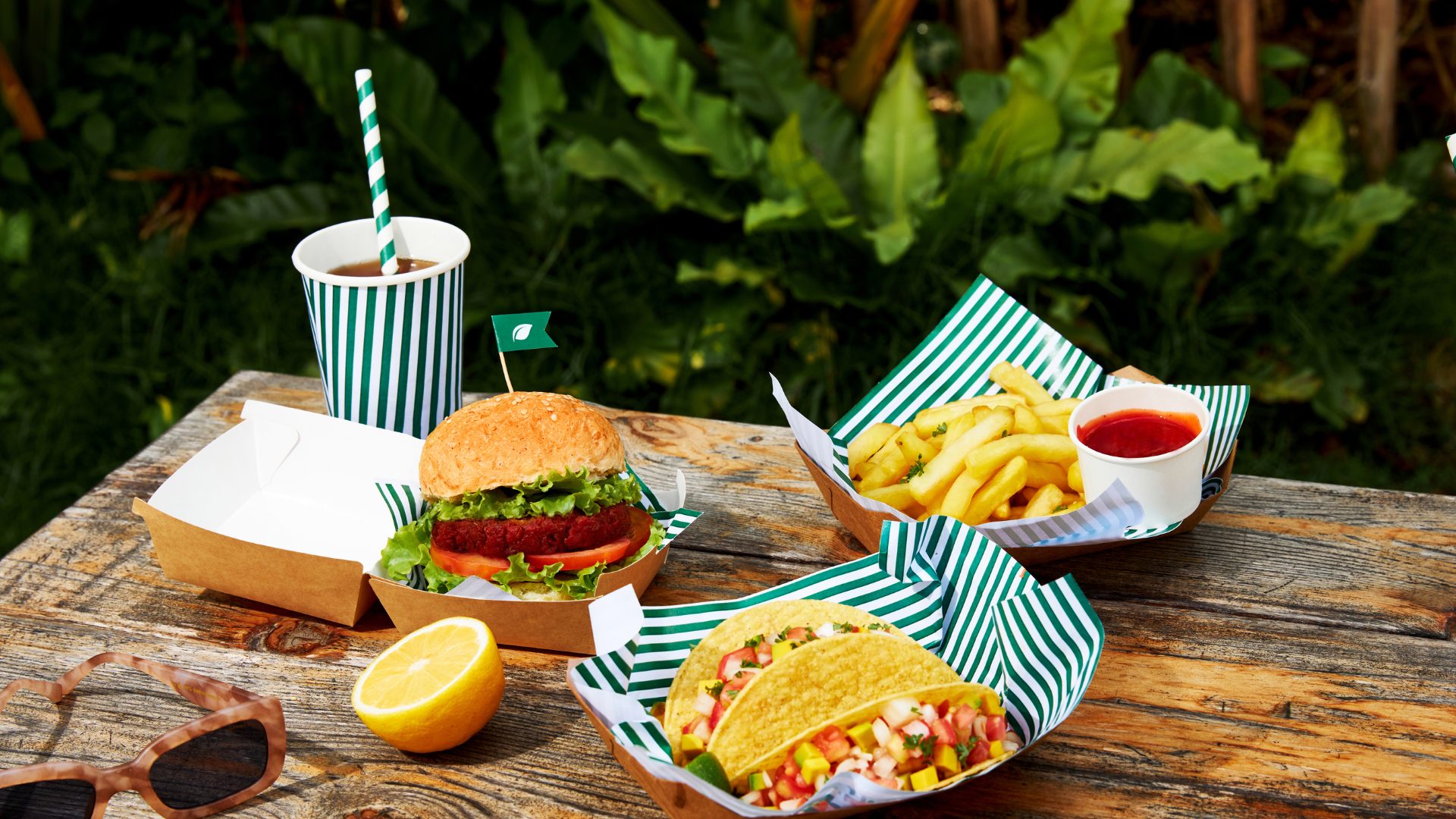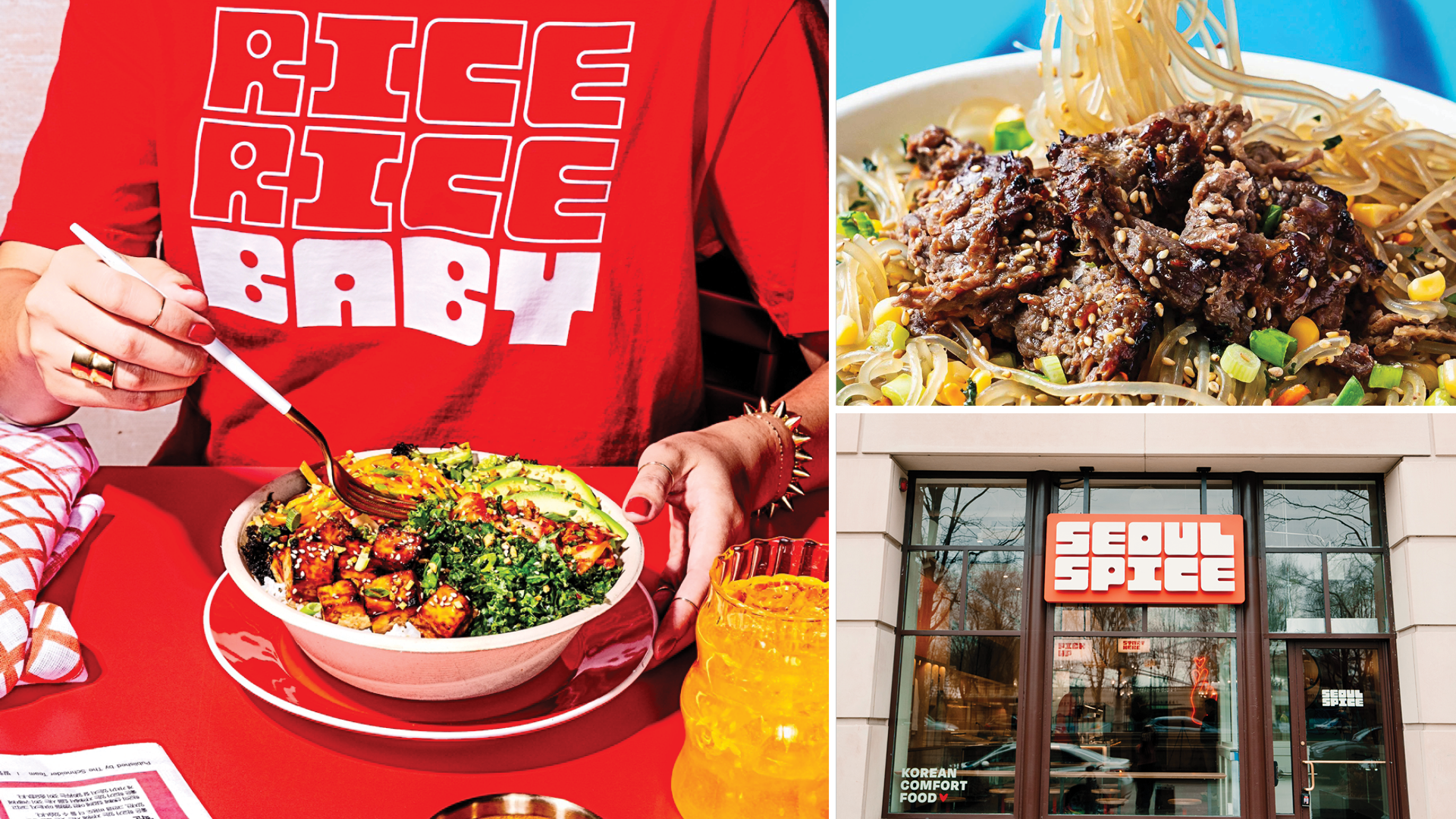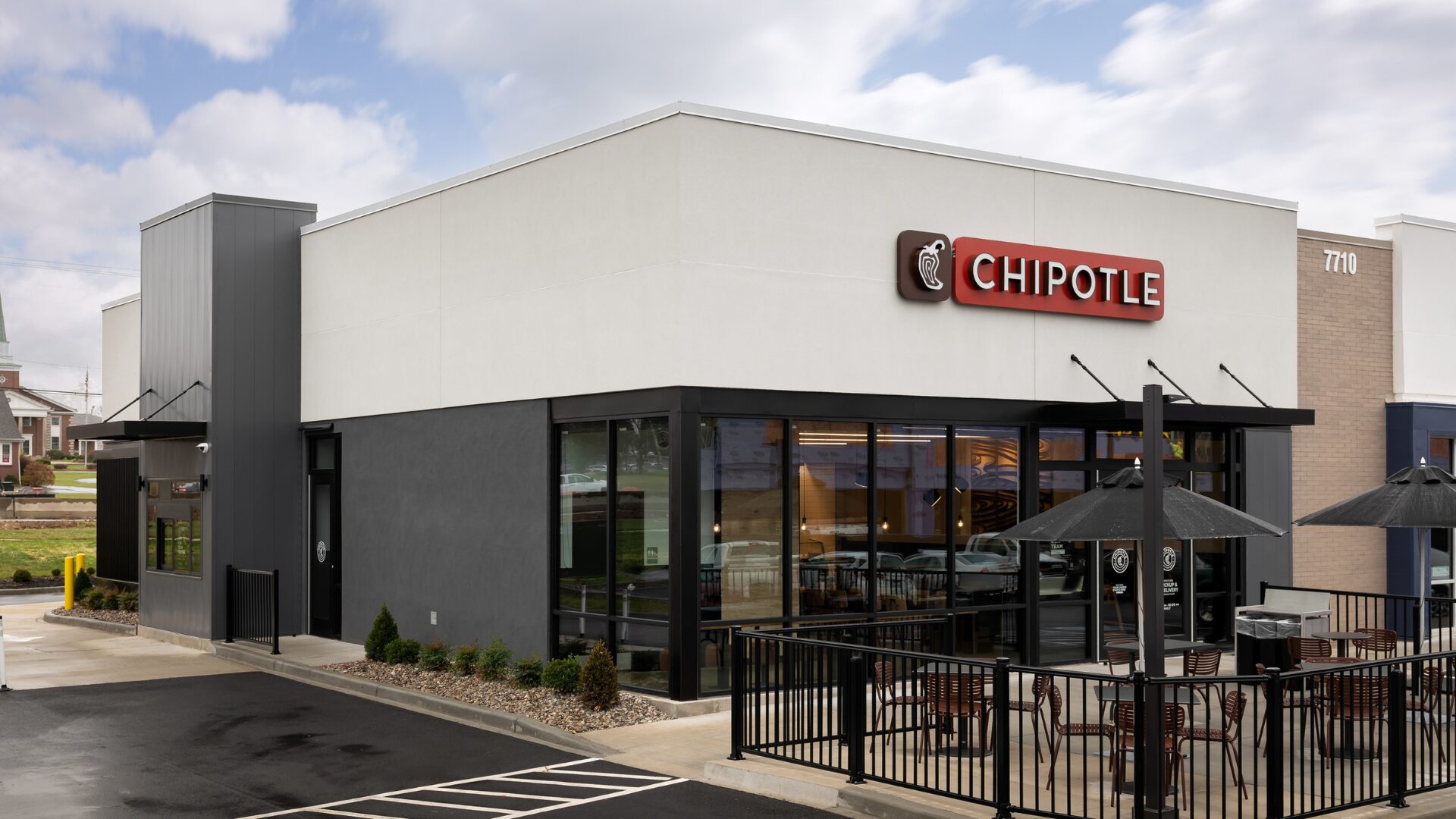The blue-sky scenario for fast-casual restaurant chain Cava is that it becomes the “next Chipotle”. What’s notable at the moment is just how aggressively investors are pricing that scenario into CAVA stock.
At a current stock price of $88, Cava has a market capitalization just over $10 billion. Chipotle is worth about $84 billion. Assuming it took Cava two decades to reach the same valuation as its Mexican-focused rival – and at its expected construction pace through 2032, it would take almost forty years to have the same number of restaurants – CAVA stock would return a little over 11% a year.
11% annualized returns for two decades is impressive. But that’s in a scenario where Cava becomes one of the biggest fast-casuals in the world – no certainty.
In the meantime, Cava is worth about $30 million per restaurant. As JPMorgan noted in a recent research note, that’s an “unprecedented valuation”. On the same basis, Chipotle restaurants are worth $25 million (and its locations are roughly twice as profitable), and Sweetgreen’s valuation is about half that of Cava.
Taking the broader view, Cava now trades at about 100x its expected Adjusted EBITDA (earnings before interest, taxes, depreciation and amortization).
That’s a massive multiple that assumes years of exceptional profit growth driven both by same-store sales and footprint expansion.
At this point, there are real concerns around Cava’s valuation.
Short sellers have noticed: about $1 billion in CAVA shares now are sold short. JPMorgan’s coverage of first quarter earnings included a ratings cut on the stock to Neutral, a cut driven in part by the fact that CAVA has doubled year-to-date. The firm’s decision to focus on valuation over growth is an unusual move: particularly in recent years, analysts have tended (not incorrectly) to assume that shares of high-performing businesses will simply keep rising.
It simply seems like CAVA is not pricing in the very real downside risk. Fast-growing chains don’t necessarily keep growing. Indeed, the majority of Cava’s current locations come from its 2018 acquisition of Zoe’s Kitchen, another Mediterranean-focused fast casual chain. Zoes’ growth stalled out not long after its 2014 initial public offering; the 2018 deal was actually done at a per-share price below that of the IPO.
There are obvious difficulties ahead as well. Given the importance of Zoe’s to the footprint, Cava’s experience in site selection remains relatively limited. That selection will be of utmost importance, given that per management the majority of the nearly 700 restaurants to be built over the next eight years will come in markets where Cava already has some presence. But at the same time, it’s not hard to see why investors are so excited.
Cava isn’t guaranteed to be the next Chipotle, but it has given itself a realistic chance of doing so.
Sales growth continues to impress, with Cava after Q1 raising its full-year outlook for same-restaurant sales to 6.5% Profit margins already are solid and should increase further as the company drives scale and repeat business.
CEO Brett Schulman has argued that Mediterranean food is the “next large-scale cultural cuisine category,” alongside Mexican, Asian, and Italian. Demographics seem to work in the company’s favor, with younger customers preferring both more bold taste and cleaner offerings. There’s also the fact that the entire category seems to be hot, at least at the top.
Investors can legitimately question the valuation of the stock, but it’s difficult to find too much wrong with the Cava business right now. As long as the strength in that business continues, the market will likely keep its focus on how Cava can succeed, rather than how it might fail.
Editor’s note: Vince Martin is an analyst and author whose work has appeared on multiple financial industry websites. He’s the lead writer at Overlooked Alpha, which offers market-wide and single-stock analysis every week.
The Food Institute Podcast
Funding sources are drying up and inflation is making it harder and harder for higher-priced food brands to compete – what’s an early-stage food company to do? Dr. James Richardson, owner of Premium Growth Solutions and author of Ramping Your Brand, joined The Food Institute Podcast to discuss what types of food companies are succeeding under current industry dynamics.


